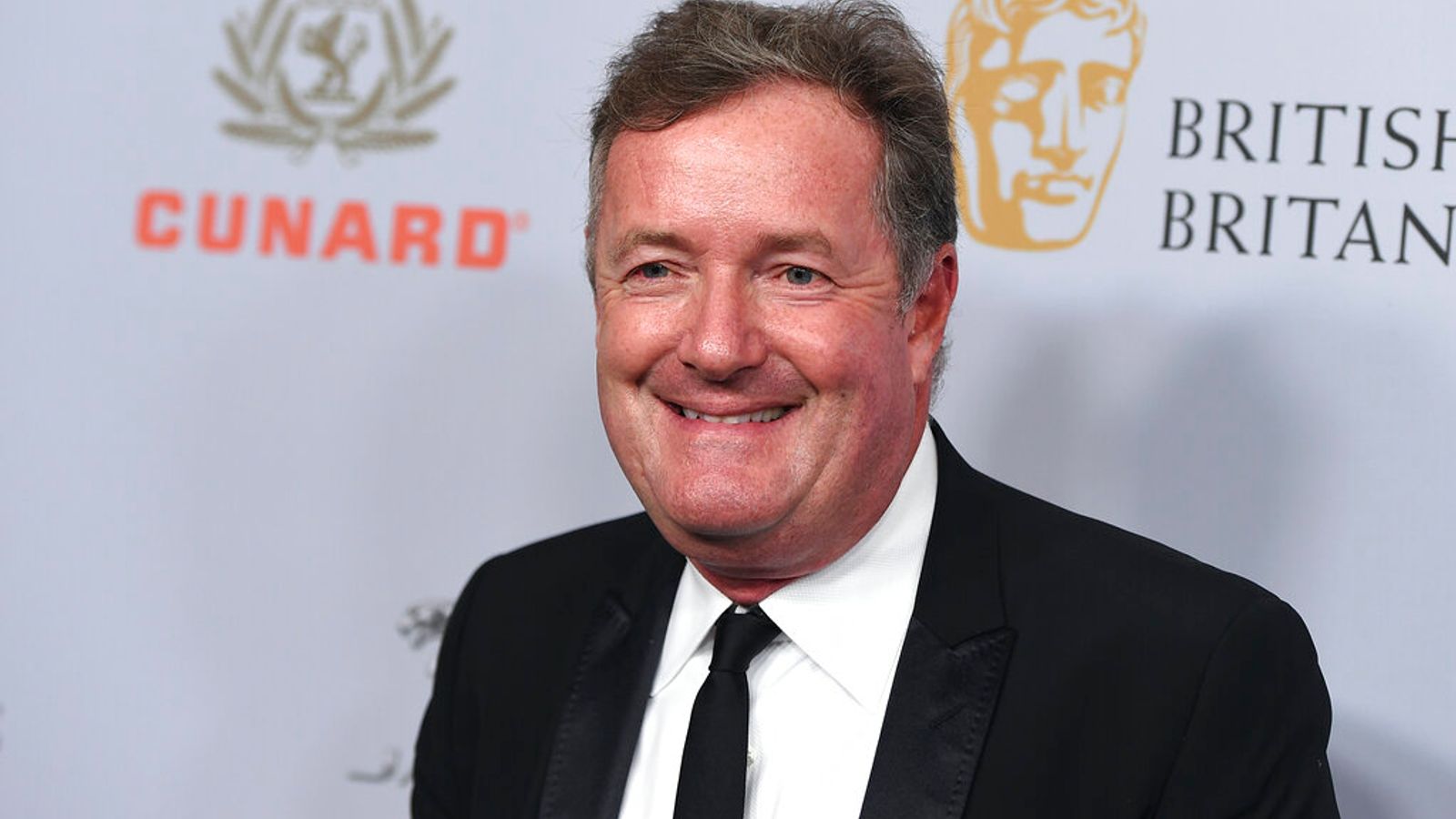Piers Morgan knew how to hack phones and explained how to do it, a former Mirror journalist has told the High Court.
David Seymour, the group political editor of the newspaper from 1993 to 2007, gave evidence in the trial against publishers Mirror Group Newspapers (MGN), brought by claimants including Prince Harry.
Mr Seymour told the court that while he had no personal knowledge of phone hacking during his time at the Mirror, he did have experience of the “work and behaviour” of Mr Morgan, who he described as an “extremely boastful” person.
In his witness statement submitted to the court, Mr Seymour said he “came to learn of some of the dubious methods being used to get stories” during Mr Morgan’s time in charge, between 1995 and 2004.
Describing an incident that followed a chairman’s lunch in 2002, Mr Seymour said he was approached by a colleague as he sat at his desk.
“My colleague started by saying: ‘You’ll never guess what Piers just said’,” Mr Seymour wrote in his statement.
The colleague told Mr Seymour that Mr Morgan had “mocked” the then chief executive of BT, “saying something like: ‘You need to tell your customers to change the PIN numbers on their mobile phones from factory settings, because otherwise you can just get into their voicemail messages’.
Hacking case: Stories about Coronation Street star Michael Le Vell were ‘complete violation’ of privacy, court told
Nikki Sanderson had ‘hair set on fire’ after tabloids ‘painted her as promiscuous’, Prince Harry hacking trial told
Former Coronation Street star Julie Goodyear diagnosed with dementia
“My colleague then explained to me how it was done – in fact they had to explain three or four times since I am not technically literate, and I still wasn’t sure how phone hacking was done by the end of our conversation.
“My colleague also told me that everyone else at the table heard what Piers had said.”
Be the first to get Breaking News
Install the Sky News app for free
‘Truth never emerged’ about Princess Diana story
Mr Seymour said he had “no reason to doubt the veracity” of what his colleague had told him, and said he recalled the conversation “very well” as his colleague “was so shocked”.
In court, MGN’s lawyer Richard Munden asked Mr Seymour why Mr Morgan would speak about this kind of thing openly. Mr Seymour told the court that Mr Morgan was “boastful” and would “behave foolishly” at times.
The former political journalist also gave details about a story written about Princess Diana, which included a photo of her crying after a visit to her “saviour” friend and therapist as she dealt with her divorce from Prince Charles, now the King.
Mr Seymour spoke about the article in court, and said in his witness statement: “The article clearly suggests to readers, and the public, that Princess Diana was upset because of the problems she faced in her life, and having unburdened herself to her therapist.”
However, Mr Seymour said that a few days after the story was published, he remembers seeing Mr Morgan and others watching a video which had been taken by a paparazzi photographer present at the time, which showed why Diana was really upset – after being “hounded up and down the street by a baying, cat-calling mob of photographers” from a number of different press organisations.
Mr Seymour said in his statement that “the truth never emerged” about how the story was obtained and he was “upset and ashamed that we had printed something so cruel, intrusive and false”. He said Mr Morgan understood the significance of the video, writing in his statement that the then editor said: “If this gets out, we’re finished.”
‘Craig Charles thought I was a Coronation Street mole’
The bulk of the evidence on Monday came from Coronation Street actor Michael Turner, who plays Kevin Webster in the soap and is known professionally as Michael Le Vell.
Asked by MGN’s lawyer Mr Munden why he is convinced he was the victim of unlawful information gathering, the actor responded: “There just seems to be a few coincidences, let’s say.”
He continued: “To be honest, I never really thought about it until someone got in touch with me to point things out.”
The actor’s claim concerns 28 articles published between 1991 and 2011, covering a range of stories – including a burglary at his home and the births of his children, as well as his arrest for suspected sexual offences, which he was later cleared of, in 2011.
During cross-examination by MGN’s lawyer, Mr Turner conceded that some details included in stories he has complained about were available publicly.
He told how his Corrie co-stars thought he was a “mole” – and said in his witness statement that he said at the time he found this “more offensive than being called a sex offender”.
In court, he said: “Being a mole or leaking was one of the worst things you could do in our business.”
He went on to say he was “mortified” that his former co-star Craig Charles, best known for starring in Red Dwarf, thought he had been leaking information.
Asked to clarify whether he genuinely thought this was worse than being accused of sexual offences, he replies: “It’s not, obviously.” Mr Turner told the court he said this to emphasise the severity of the accusation and how awful he felt about it.
Mr Turner was later accused himself of a sexual offence, in 2011, but was cleared.
The actor is among more than 100 individuals suing MGN – publisher of the Daily and Sunday Mirror and the Sunday People – for compensation over claims its journalists were linked to phone hacking, so-called “blagging” or gaining information by deception and the use of private investigators for unlawful activities.
The actor’s case is one of four representative claims being heard at the High Court in London, alongside similar claims brought by the Duke of Sussex, Hollyoaks and former Coronation Street actress Nikki Sanderson, and Fiona Wightman – the ex-wife of comedian Paul Whitehouse.
MGN denies Mr Turner’s claim, arguing there is “no evidence” of voicemail interception or unlawful information gathering relating to him.
Mr Munden has told the court that Mr Turner’s case is “particularly weak”, with articles in the claim published before phone hacking started, or when it had “significantly dropped off”.
Mr Turner’s evidence is due to resume on Tuesday and the case is expected to conclude by the end of the month, with a ruling expected at a later date.









